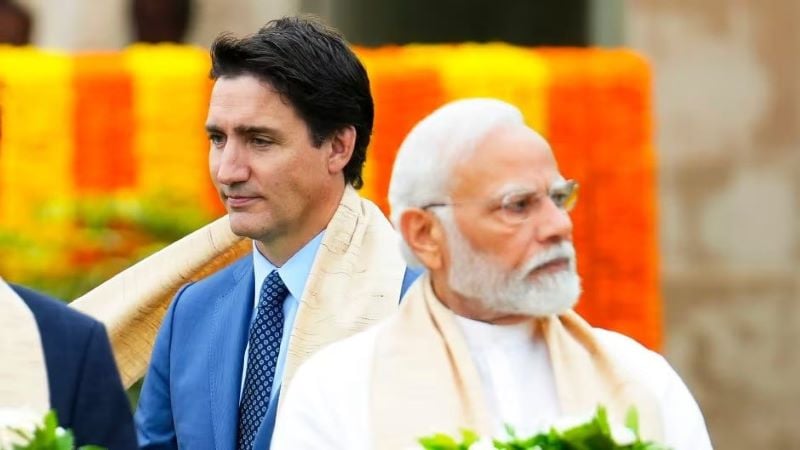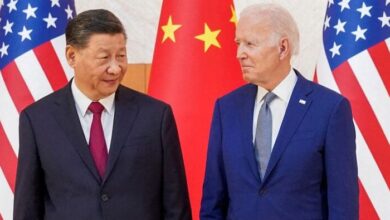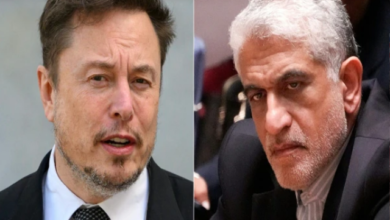India and Canada have expelled their top diplomats as tensions escalate over allegations of Indian involvement in criminal activities on Canadian soil. Prime Minister Justin Trudeau’s government accused Indian agents of being implicated in “homicides, extortion and violent acts,” specifically targeting supporters of the pro-Khalistan movement.
The Royal Canadian Mounted Police (RCMP) revealed that over a dozen agents may be involved in criminal activities, though they did not confirm direct links to the June 2023 murder of Sikh separatist leader Hardeep Singh Nijjar in Canada. Nijjar, a prominent advocate for a separate Sikh homeland, was shot dead outside a Sikh temple in Surrey, British Columbia, in what police described as a “targeted attack.”
India has dismissed Canada’s allegations as “preposterous,” accusing Trudeau of courting the Sikh community for political advantage. Relations between the two countries have sharply deteriorated since Trudeau stated that credible evidence linked Indian agents to Nijjar’s murder. In response, India demanded the withdrawal of several Canadian diplomats and suspended visa services.
On Monday, India’s foreign ministry issued a statement asserting that Canada’s claims were influenced by Sikh separatist campaigners, warning of potential consequences. Following this, India requested six Canadian diplomats, including acting High Commissioner Stewart Ross Wheeler, to leave by 19 October. Wheeler was summoned to explain Canada’s stance, and he stated that Canada had provided the evidence India requested and urged a thorough investigation into the matter.
“The interests of both our countries and the peoples of our countries necessitate getting to the bottom of this,” Wheeler remarked after the meeting. India defended its High Commissioner Sanjay Kumar Verma, calling allegations against him “ludicrous” and “contemptible.”
In a rare public statement, the RCMP indicated it had taken the unusual step of revealing ongoing investigation details due to significant threats to public safety. RCMP Commissioner Mike Duheme noted that there were “over a dozen credible and imminent threats to life,” particularly targeting members of the pro-Khalistan movement.
Tensions had shown signs of easing after India resumed processing visas earlier in October. However, Canadian Foreign Minister Mélanie Joly acknowledged that relations remain “tense” and “very difficult,” expressing concerns about the potential for further violent incidents on Canadian soil.







